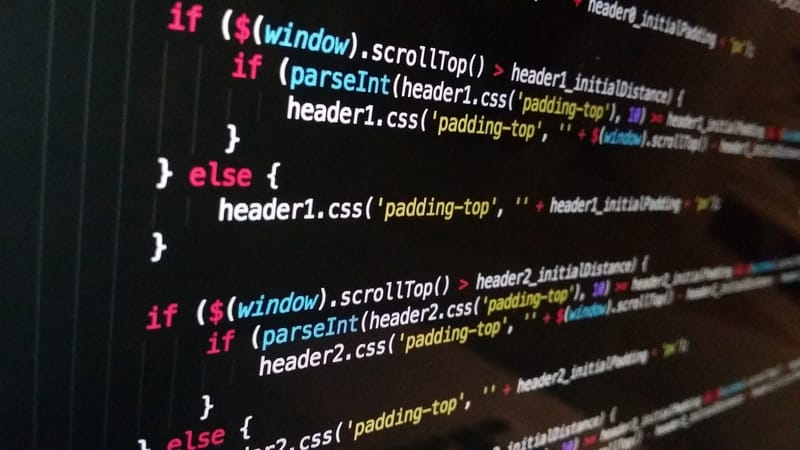Getting Started - Part 1
Introduction to Basic Concepts for Beginners
Welcome to the first part of our beginner's guide where we dive into the fundamental concepts for those starting out on their learning journey. Whether you are exploring a new hobby or considering a career change, understanding these basics is crucial for building a solid foundation.
1. What is Programming?
Programming is the process of creating instructions that a computer can follow to perform specific tasks. It involves writing code using programming languages like Python, Java, or C++ to solve problems and automate processes.
2. Variables and Data Types
In programming, variables are used to store data that can be manipulated and changed during the execution of a program. Data types define the type of values that can be stored in a variable, such as integers, floating-point numbers, strings, and booleans.
3. Control Structures
Control structures allow you to control the flow of your program based on conditions or loops. Conditional statements like if-else and switch-case help make decisions, while loops like for and while enable repetitive execution of code.
4. Functions
Functions are blocks of code that perform a specific task and can be reused throughout a program. They help in organizing code, improving readability, and promoting code reusability.
5. Comments and Documentation
Comments are used to add notes within the code for better understanding. Documentation, on the other hand, provides a detailed explanation of the codebase, making it easier for others to understand and collaborate on projects.

Stay tuned for the next part of our beginner's guide, where we will explore more essential concepts to help you on your programming journey.
Happy coding!
